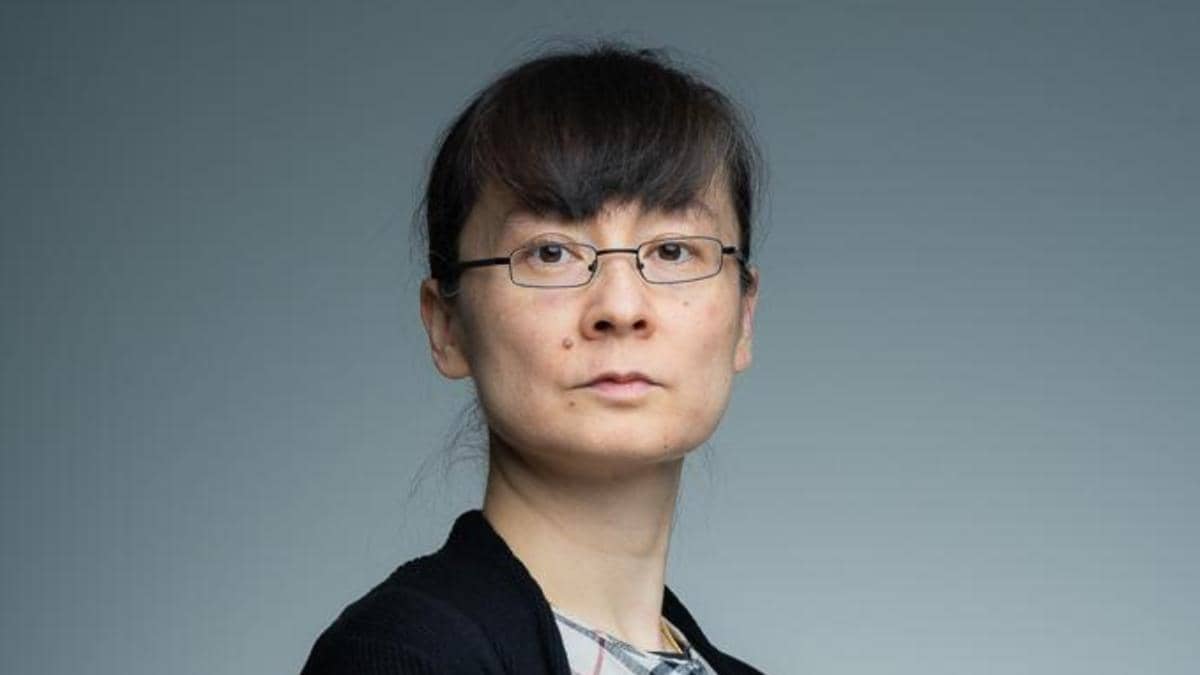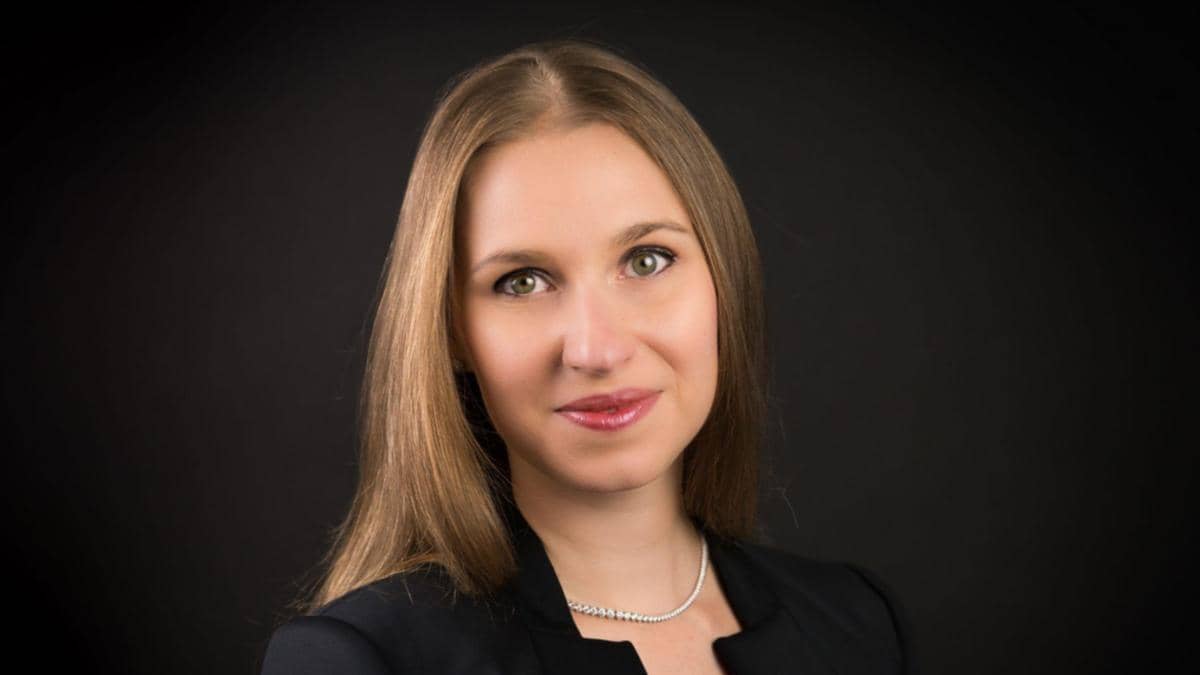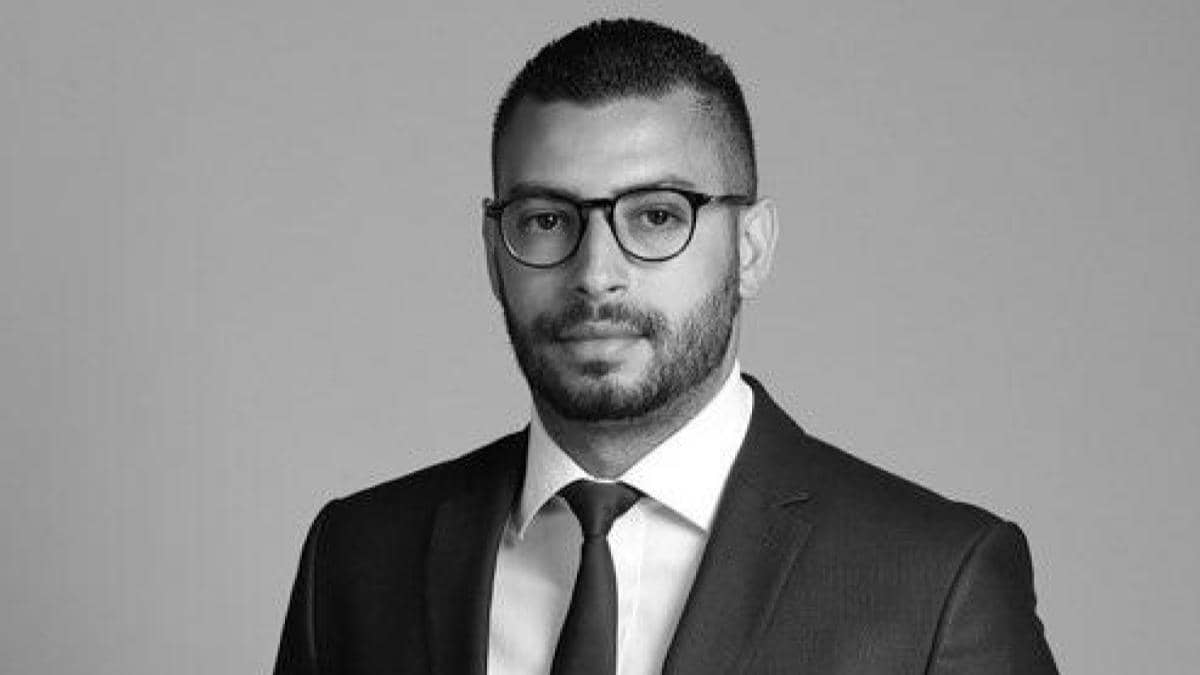Amparo Sampedro from Generali Investments is our Fund Selector of the Month

24 APR, 2024
By Jose Luis Palmer from RankiaPro Europe

Sampedro started her career in 1997 as a bank currency assets trader specialising in emerging market currencies at the French Caisse Centrale des Banques Populaires (Natixis). She then moved to Paris-based Credit Agricole Indosuez, where her work as a regulatory analyst focused on the calculation of the capital adequacy ratio.
In 1999, she joined Generali as a portfolio manager’s assistant in the fund of funds department, and then a new role as a risk manager at Generali France. Over the next two years she focused on analysing risk in UCITS funds. Meanwhile, the fund of funds team was growing and she rejoined them as a portfolio manager in 2001. Eleven years later, following the merger of the group’s asset management arms, Sampedro was named head of this department.
- 1997-1998 Caisse Centrale des Banque Populaires, bank currency assets trader
- 1999-1999: Crédit Agricole Indosuez, regulatory analyst
- 1999-2001: Generali France, risk manager
- 2001-2012: Generali Investments, portfolio manager, fund of funds management
- 2012- Present: Generali Investments, head of funds of funds and from January 1st formally in Generali Asset Management, the newly created company, as head of Fund Selection Platform, with the role of selecting, monitoring and reporting on all investments made by the Company in funds invested in liquid asset classes within individual and collective portfolio management, as well as managing liquid funds of funds. The structure also acts as competence center for asset manager and fund due diligence.
When and how did you start your career in the financial sector?
After my master’s degree in Economics and Finance, I’ve started working in an Investment bank as market-maker on the short-term euro-currencies deposit market. I was in charge of exotic currencies. I moved to the asset management industry in 1999 joining the French Asset Management company of the Generali Group as Risk Manager. In 2001, I had the opportunity to join the Funds of Funds team as junior portfolio manager. Since then, I have evolved in the team until reaching the position of Head of Fund of Funds in October 2012. From January this year I am heading the Fund Selection Platform department in Generali Asset Management, centralizing the Fund Selection activity. The team, located in Cologne, Milan and Paris span actively and passively managed products in all major asset classes, including liquid alternatives and hedge funds. We manage both unit-linked funds of funds and bespoke mandates, and we offer advisory services for insurance and pension fund clients.
Taking a brief look at your working life, what would you highlight about your professional career?
Over the course of my career, what I'm most proud of is the creation of a multicultural multi-management team, with different backgrounds, diverse personalities, located in different countries, but extremely close-knit and connected, and with common ambitions and goals. I’ve been working with some of them for more than 20 years, for others it has only been for a few months, but we all share a very strong team spirit and purpose. This has allowed us to be recognized both internally and externally and to expand our business, increasing our assets under management significantly.
What aspects do you consider most important when selecting a fund for a portfolio?
The most important thing is to have a complete assessment of the fund, it is not only absolute performance of the fund that matters. Unfortunately, there is no single magic metric to analyse. Most importantly, one needs to compare things that are actually comparable and then build clean peer groups. Within each peer group, we look for funds that deliver consistently high risk-adjusted returns.
You also need to understand the people behind the numbers. Selecting a manager is like hiring somebody for a new job: they need to have a good CV, but you also want to meet the person and try to understand how they are managing the portfolio. The qualitative part of a due diligence is as much important as the quantitative one. This step helps to validate the robustness of the track record, and to recognize the fund's performance in different types of markets. It also helps to identify how much and in which way the manager integrates ESG criteria in the process. At the end, this allows you to determine, if the fund analysed will bring diversification and value to your current portfolio.
What is the current asset allocation of your model portfolios?
To determine our asset allocation, we rely on our Investment Committee.
On equity we have an overall neutral stance, with a preference towards Europe and Japan. On euro area fixed income, we remain overweight on core rates and peripherals and have reduced our allocation on credit investment and high yield as spreads have tightened significantly.
We keep investing a part of our portfolios in liquid alternative products, combining several strategies not correlated with each other. With this alternative part, we seek to generate absolute returns while diversifying the portfolio, thus reducing global risk. We have a preference towards market neutral strategies while equities are fair valued and dispersion is increasing among stocks, and diversified event-driven strategies where M&A and corporate activities should benefit from a supportive cycle.
What mistakes are most frequently made in fund selection?
I would avoid telling you that the classic mistake would be to just buy what has recently best performed, as the reasons could obviously be that the fund took reckless risks or was invested on a particular niche. For sure it’s an obvious case, but what is sometimes less easy is to explain to clients why such investment is not suitable. But really the most difficult thing to manage at our level is the timing to go in and out of the selected fund. Some funds are “all weather” ones, the ones which usually make the core of your portfolio, and timing is not a challenge for them. But lot of funds are better shaped for some specific markets conditions, and you have to really stick to your asset allocation process to manage this kind of investments, in order to not fall in love with the fund and keep it for too long, exactly as direct fund managers sometimes meet difficulties to sell stocks because the company’s story is perfect and the management is incredible, but the stock is at the end simply too expensive.
What assets do you think will perform better in 2024?
This is always the tricky question.
Among the basket of undervalued assets, smaller capitalization equities stand out. Small caps have trailed large caps for an extended period, which suggests they could rebound. Chinese equities are in a similar situation, where government stimuli could trigger a much-anticipated shift in investor sentiment and a comeback relative to other emerging market equities.
But globally speaking, having a diversified portfolio remains a good option for me. The macroeconomic backdrop of stable inflation, declining policy rates, and solid corporate earnings growth paints a constructive backdrop for multi-asset portfolios.
When you have free time, what do you like to do?
I spend most of my free time with my family. I have two teenage daughters with whom I visit art exhibitions, go to concerts and take long walks around Paris to discover a new trendy coffee shop. With my husband, I make short road trips in the French countryside and like to plan longer ones in other European countries for when we will have time. Otherwise, I'm learning a new foreign language. I love to get together with my classmates every Monday evening to talk about the past week. It's not easy, but it's very energizing to be a student again!


